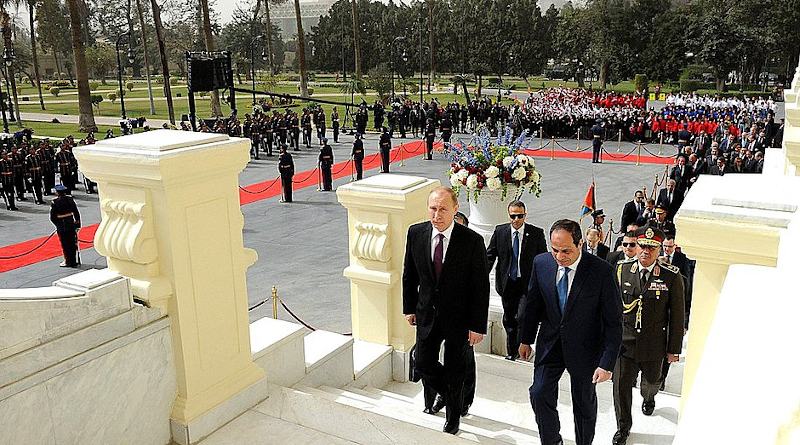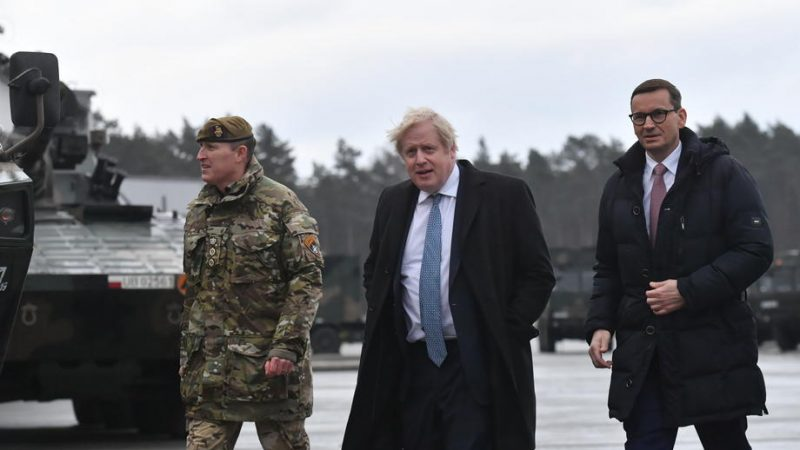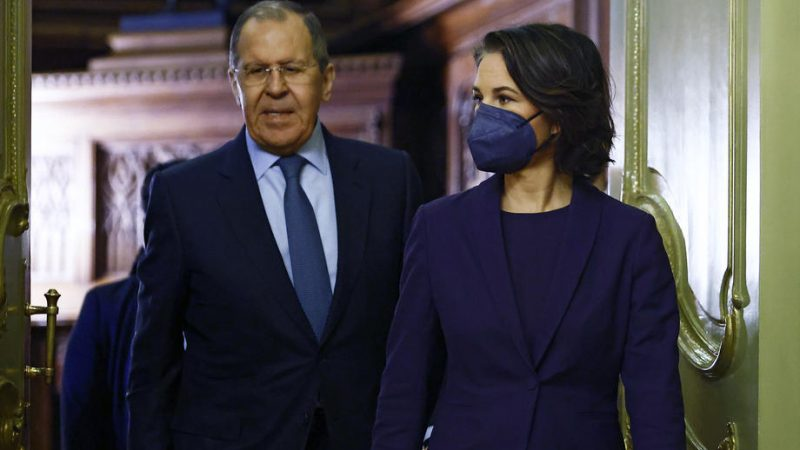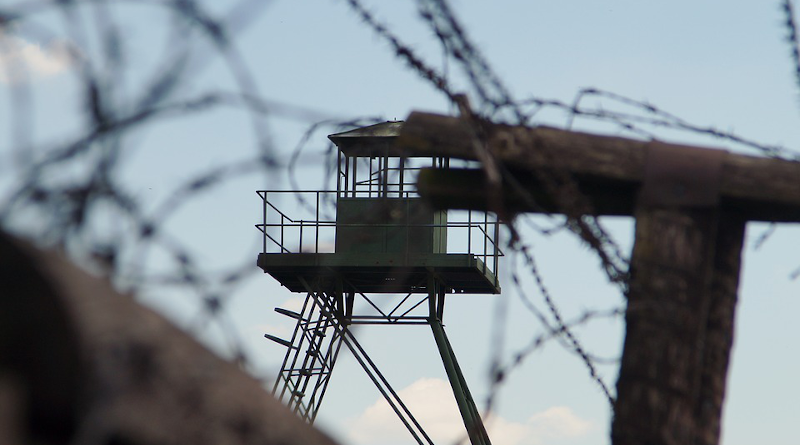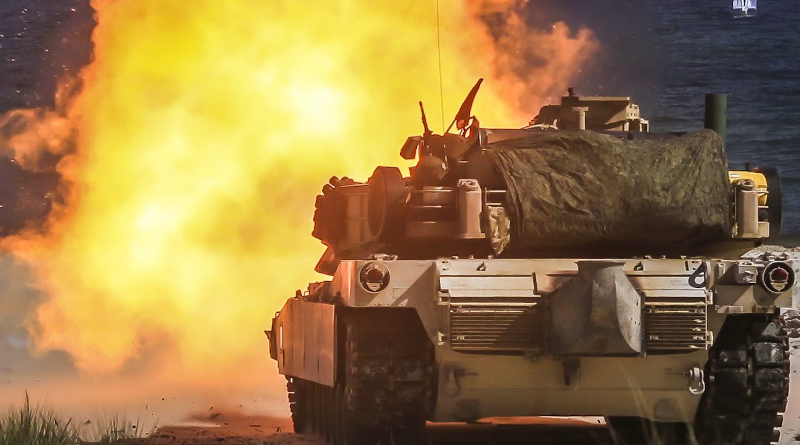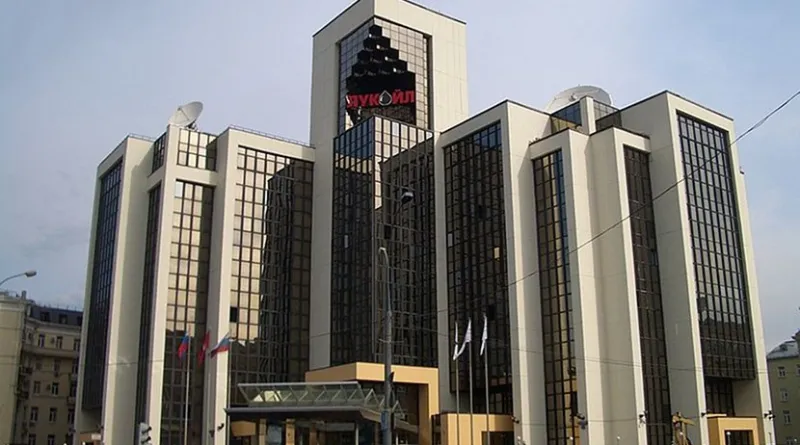The U.S. orders embassy staff in Ukraine to leave over fears of a Russian attack
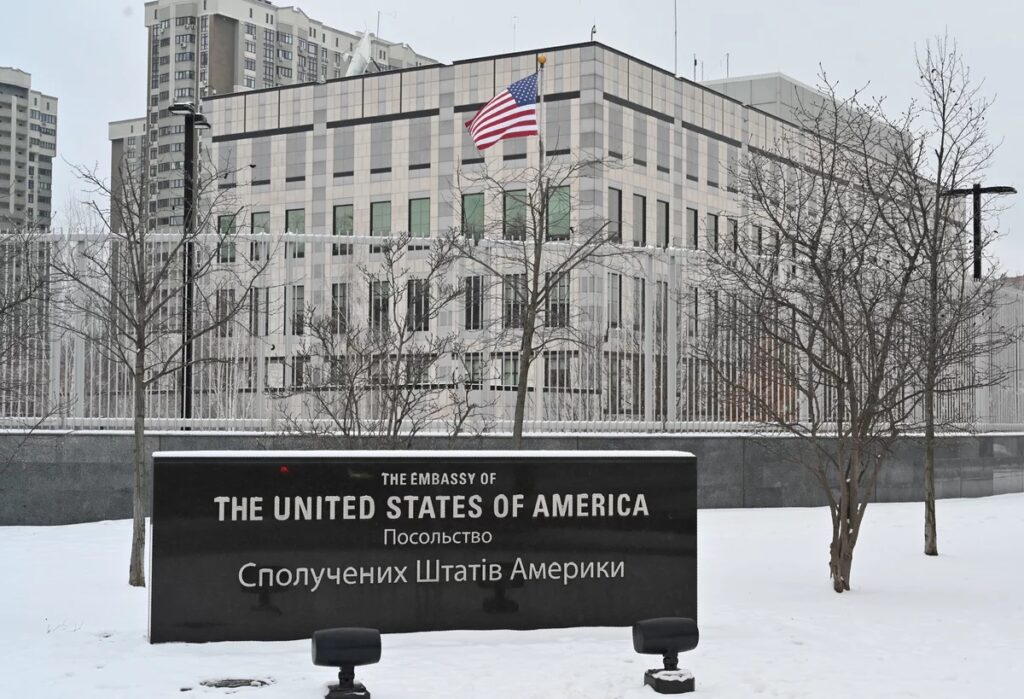
White House national security adviser Jake Sullivan said that a Russian military invasion of Ukraine could begin at any time and urged Americans in Ukraine to leave now.
The U.S. State Department has ordered almost all of the embassy staff in Kyiv to depart. Consular services will also be suspended on Sunday, according to an advisory. In January, the department had ordered family members of embassy staff to leave Ukraine.


